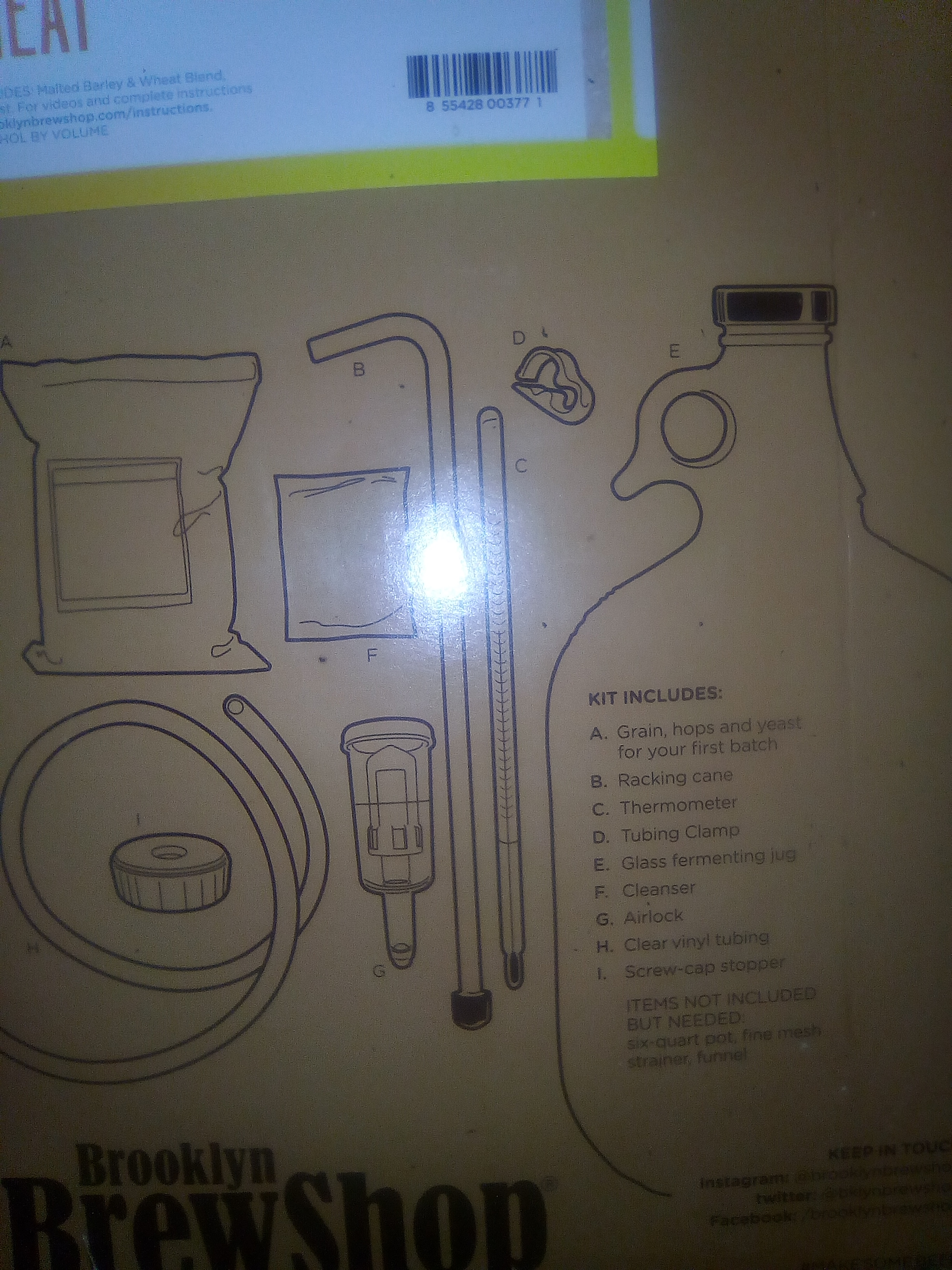Yagermyster
Active Member
- Joined
- Nov 23, 2017
- Messages
- 26
- Reaction score
- 0
You're on your way!
Yay!! So it might just turn out ok
If my calculations are right it would be ready to bottle on December the 3rd or would I have to wait longer since I added that 1 tablespoon of yeast? :/





























![Craft A Brew - Safale S-04 Dry Yeast - Fermentis - English Ale Dry Yeast - For English and American Ales and Hard Apple Ciders - Ingredients for Home Brewing - Beer Making Supplies - [1 Pack]](https://m.media-amazon.com/images/I/41fVGNh6JfL._SL500_.jpg)































